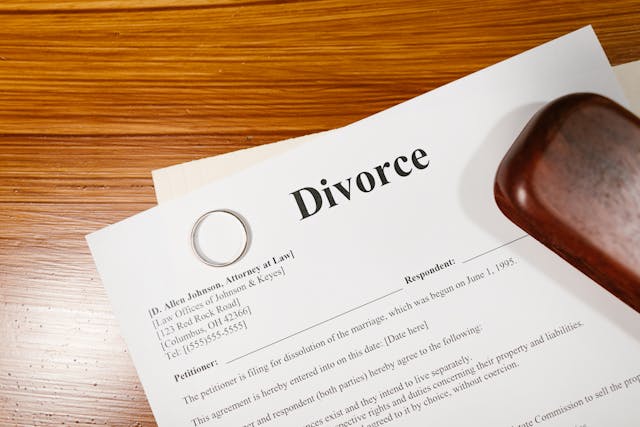About half of first marriages end in divorce for various reasons. If the couple simply is not right for each other or has different ideas on how to live or raise children, they might file for a no-fault divorce. If one spouse behaves in a way that is not conducive to marriage and negates the promises the couple made to each other, one spouse might file for a fault-based divorce. In a fault-based divorce, the filing spouse will provide the court with grounds for divorce. To learn more and acquire the help of an experienced attorney, contact a Farmington Hills divorce lawyer.
What is a Fault-Based vs No-Fault Divorce?
When filing for a fault-based divorce, a spouse will have to state the grounds for the divorce and prove them. Fault-based divorces can be contested by the other spouse. If granted, the details of the divorce can affect the property or assets that each spouse walks away with.
In a no-fault divorce, a spouse will file without bearing the burden of proving that the other spouse did anything wrong. Michigan is a no-fault state, meaning that you do not have to prove a reason for divorce other than the marriage does not work anymore. Irreconcilable differences, a breakdown of the marriage, or incompatibility are valid enough grounds to file for divorce. However, the grounds listed below may be considered during a no-fault divorce and impact the way child custody or property distribution is handled by a court.
What Are “Grounds” for Divorce?
When someone talks about the “grounds” for a divorce, they are referring to the reason for a divorce. Grounds are situations or circumstances where a spouse can file and be granted a fault-based divorce. They are typically violations of the sanctity of marriage and the vows that were exchanged. Some common reasons a person may file for divorce, and valid reasons that a court will allow it, include the following.
- Adultery
- Extramarital sexual intercourse, or cheating, between one of the spouses and a person not a part of the marriage.
- Abuse
- Physical or emotional cruelty or inhumane treatment.
- Imprisonment
- One spouse being in jail for an extended time, usually three or more years.
- Abandonment
- One spouse leaving or abandoning the other for a continuous period
- Impotence
- The physical inability to have sexual intercourse, if it was a factor before or at the time of the marriage and was hidden from the other spouse.
Some other reasons can be considered but typically contribute to some of the above grounds. For example, drug or alcohol addiction can be considered grounds for divorce and can be the root of abuse, imprisonment, or abandonment.
Should I Hire an Attorney?
Hiring a lawyer is an important step when dealing with a divorce. In Michigan, you can only file for a no-fault divorce, but it is still important to have representation. During litigation, a court will decide how property and assets are distributed between each spouse as well as child custody, child support, and alimony. Your attorney will help you get a fair outcome and ensure that your rights are protected throughout the legal process.
